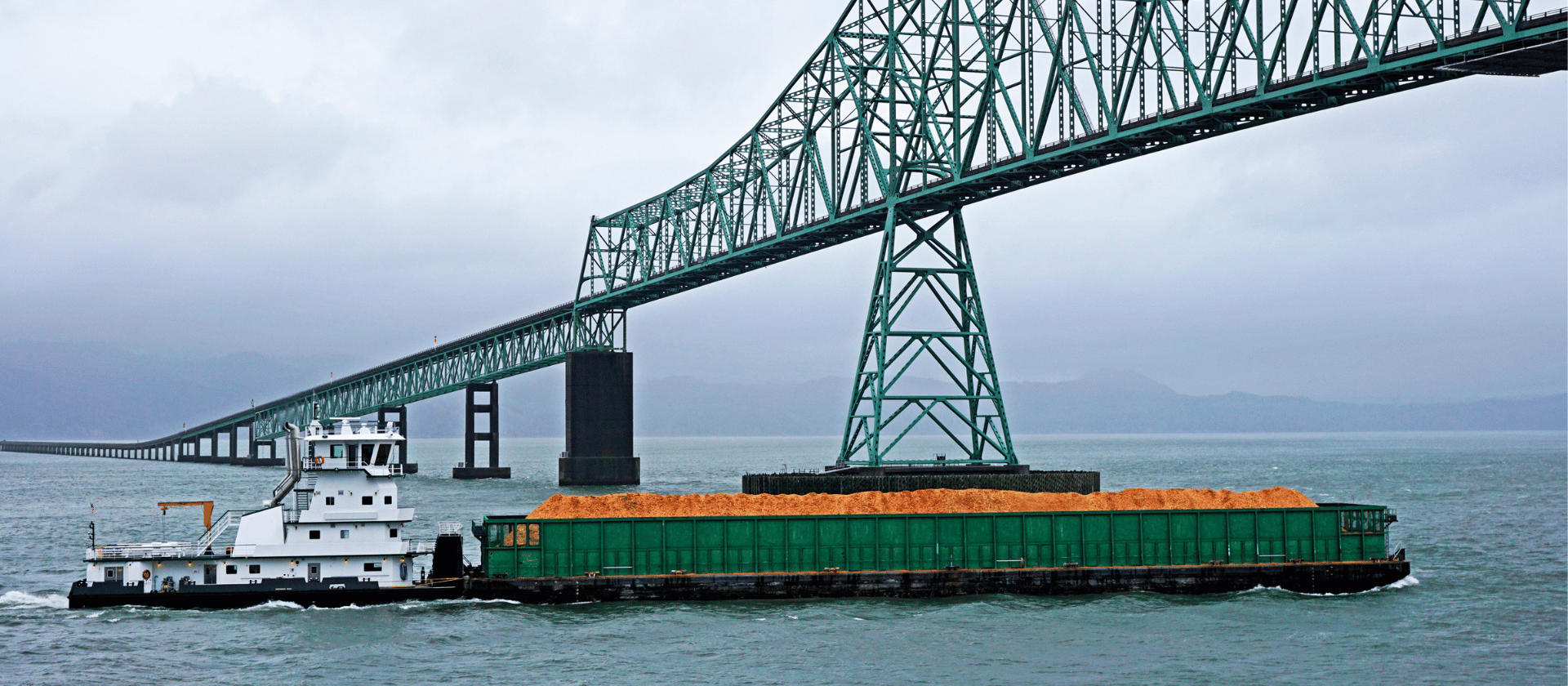In the final days of its longest-ever legislative session, the Oregon Legislature chose not to let the state slip further into the third world. They bravely raised taxes. But this short-term solution neglected to address two long-term problems: revenues will remain inadequate and the state has no revenue structure in place to deal with economic downturns. Instead we have the “kicker,” which can exacerbate revenue shortfalls.
The Oregon Center for Public Policy looked at our state economist’s projections and the future is not bright. Even after six years of projected steady growth from 2004 to 2009, the state still won’t have as much revenue for public services as it did in 1999-01 (taking into account population and inflation). Who can say for certain we will have steady growth? It might skyrocket. It might plummet.
Projecting the economy is like riding a roller coaster in the dark. Economies are fickle. They go up and down and they take government revenues with them. The state’s budget outlook can go from good to bad in a matter of months and Oregon won’t be prepared.
Oregon needs to be prepared. We need our policy makers, and the voters who elect them, to recognize that budget and revenue decisions are long-term decisions. Under-funding any public service now will make it that much harder to fund adequately in the future.
We need to raise enough revenue, over time, to fund schools, roads, and other public services at an adequate and sustainable level. Some courageous legislators have developed a solution for the short term; we need them to hold on to that courage and recognize that Oregon’s public needs will require more revenue in the long term.
We need to acknowledge that the “kicker” is bad public policy. Any time actual revenues exceed a projection published two years earlier, by just two percent, all of the extra dollars get kicked back to taxpayers. Imagine our economy, in the mud right now, sprouts wings and flies in 2004. The Department of Revenue collects fifteen percent more than state economists projected this summer. Fifteen is greater than two. All of it goes back to taxpayers and there is no additional money for schools, or roads, or to save for the next rainy day.
Oregon needs to redirect the kicker to a rainy day fund. Our Legislature will still be limited in its ability to spend, but it will have a financial cushion to help keep government running during an economic downturn. They won’t need to enact sudden tax increases or draconian budget cuts.
A rainy day fund was, in fact, some of this Legislature’s unfinished business. The Legislature will meet in a special session on tax reform next year. They should return to the issue of a rainy day fund and they should remember that Oregon will need additional revenue even after the next election.
Otherwise, Oregon will continue to ride this wild roller coaster in the dark.
John Lewis is the administrator at the Oregon Center for Public Policy
###
More about: revenue



